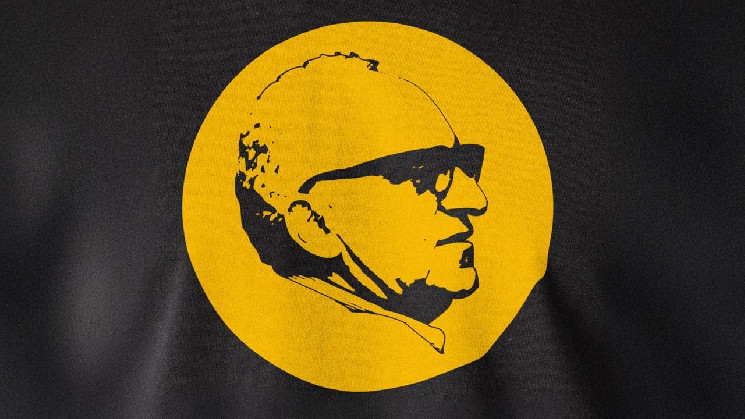As Donald Trump eyes a dramatic economic overhaul, his proposed tariff regime stands at odds with the core tenets of free-market economics.
Cutting Income Tax is Good, But Tariffs? Libertarians Disagree
Donald Trump’s return to the presidency brings a bold agenda: funding government through tariffs and cutting excessive spending, and perhaps even hold bitcoin as a national reserve. These ideas, while appealing to some for their dramatic stance against bureaucratic bloat, raise serious concerns from a free-market perspective. I think, if we turn to the economic principles championed by thinkers like Murray Rothbard and Ludwig von Mises, Trump’s tariff-centric approach could harm economic freedom and prosperity rather than enhance it.
From a Rothbardian or Misean viewpoint, Trump’s tariff plan likely wouldn’t pass muster. Tariffs are simply barriers that stifle the free market, running counter to the laissez-faire ideals that uphold true free trade.
Trump’s plan to replace income tax revenue with tariffs fundamentally contradicts the principles of free-market trade. Rothbard and Mises, in their extensive economic analyses, argued that tariffs—taxes on imported goods—are a form of “triangular intervention” that distorts natural market processes and consumer choice. Tariffs raise the cost of imported goods, imposing a hidden tax on consumers, and reduce the purchasing power of every dollar, forcing Americans to pay more for products than they otherwise would.
More than just raising prices, tariffs create economic inefficiencies by encouraging production in industries where the country may not hold a competitive advantage. By shielding domestic industries from foreign competition, tariffs discourage innovation and resource allocation, leading to what Rothbard called “misallocation.” This artificial shift in production results in a lower standard of living than would otherwise be possible under free trade. In essence, tariffs restrict consumer choice and push resources into less efficient uses, directly opposing the free-market ideal of voluntary exchange based on consumer demand.
The Economic Consequences of a Tariff-Funded State
If Trump were to fund government expenses primarily through tariffs, the consequences could be economically damaging. In many of Rothbard’s analyses, tariffs often lead to retaliatory measures from trade partners, sparking trade wars that harm international relations and economic stability. Other nations would likely respond to U.S. tariffs by raising their own, impacting American exports. This protectionist spiral hurts consumers globally, reducing the wealth-generating benefits of trade that Austrian economists have argued are essential for raising living standards worldwide.
The focus on tariffs as a primary revenue source could also create a “tax by stealth” effect. While income tax is visible and transparent, tariffs operate in the background, disguising the true cost imposed on consumers. A tariff-based system obfuscates this transparency, reducing accountability and allowing the government to extract wealth without explicit taxation—a move that many would likely deem ethically questionable and economically inefficient.
Ultimately, Trump’s aim to reduce the federal deficit through spending cuts is a step in the right direction from a libertarian standpoint. Reducing government spending, especially on unnecessary agencies, resonates with the libertarian minarchist vision of limited government focused solely on protecting individual rights and property. However, a tariff-based revenue model would contradict the laissez faire principles of free trade, consumer sovereignty, and minimal government intervention.
Instead of a tariff regime, a more libertarian approach would involve cutting unnecessary federal expenditures, decentralizing power, and reducing reliance on any form of taxation, including tariffs, to truly foster economic freedom. If Ron Paul or someone from the Libertarian Party has the president-elect’s ear, maybe there’s a chance they could eventually persuade Trump to drop this idea.

